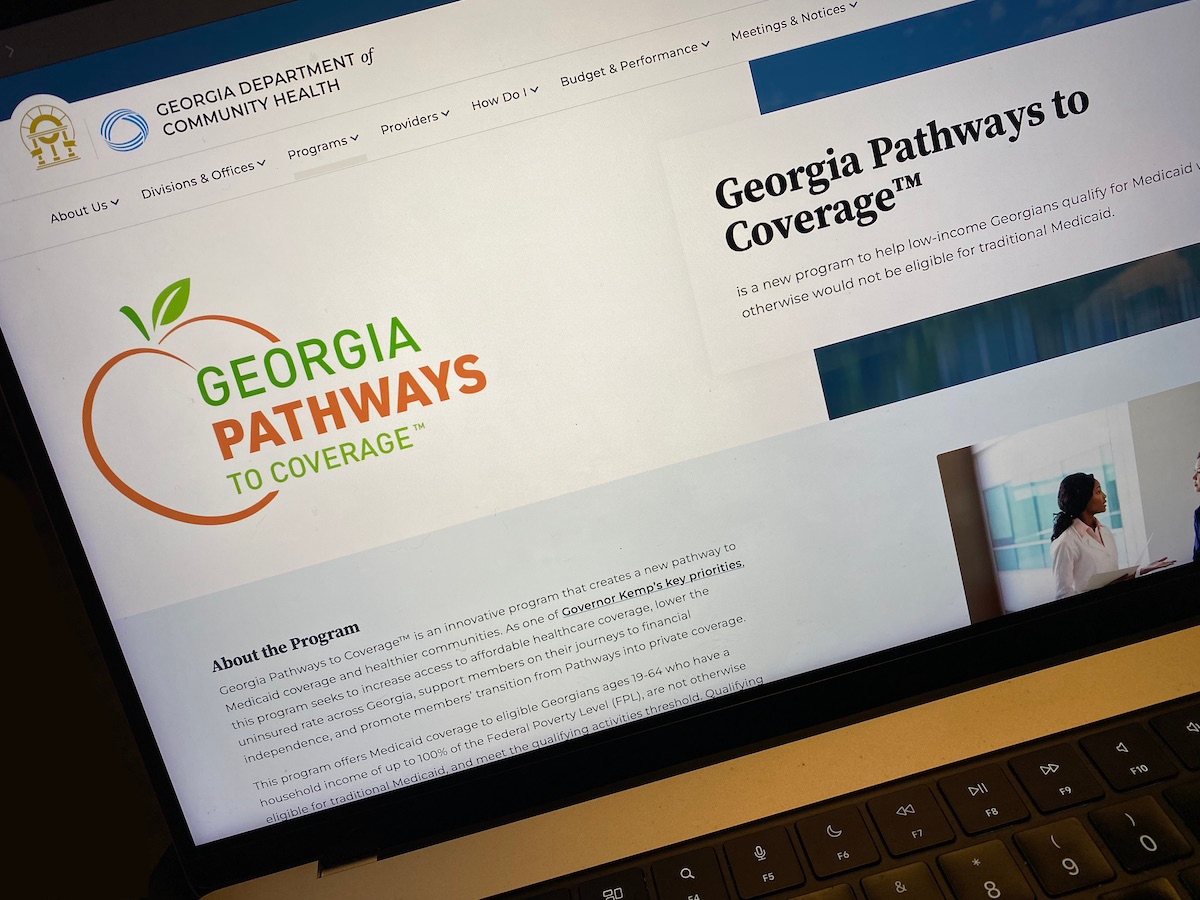
A health plan available in Florida and Texas is now available in Georgia. Curative Health offers a zero-dollar deductible and co-pay. And providers are covered regardless of network.
Georgia is now the third state where Curative is available to employers with 51 or more employees for their entire workforce, regardless of the employee’s state of residence.
The health care services company brought COVID-19 testing to Atlanta’s Mercedes-Benz Stadium and other drive-through testing centers in Georgia and other states before turning its attention to care, CEO Fred Turner said.
Curative’s health plan focuses on prevention and early intervention by removing financial barriers to care like co-pays and insurance deductibles.
If you have a heart attack, you’re going to the hospital no matter what your deductible is, and you’re probably not going to pick which hospital you go to based on shopping around to avoid your deductible amount, Turner said.
On a half-million-dollar hospital claim, your $5,000 deductible only covers 1% of the cost. The insurance company still pays 99% of the claim.
“What that $5,000 deductible does do is it stops you from going and getting the checkup visit that might have prevented the heart attack in the first place,” Turner said.
Psychologically, people tell themselves they are healthy because they feel fine and want to avoid making a copayment, Turner said.
“You get this pattern of deferred care that saves a little bit of money in the short term because people put off preventative things and that generates some short-term savings,” Turner said. “But long term, it’s incredibly harmful because all of that missed care catches up with you with much more high-acuity hospital visits.”
Additionally, Curative’s plan offers a “curative zero card” that acts like a credit card for out-of-network providers.
“It lets us basically provide access to providers that either don’t want to or can’t contract with us, and we just pay their cash price,” Turner said. “When we’re paying the cash price, the provider gets to set a rate that they think is fair and reasonable.”






